Mullein Tea: Everything You Need to Know

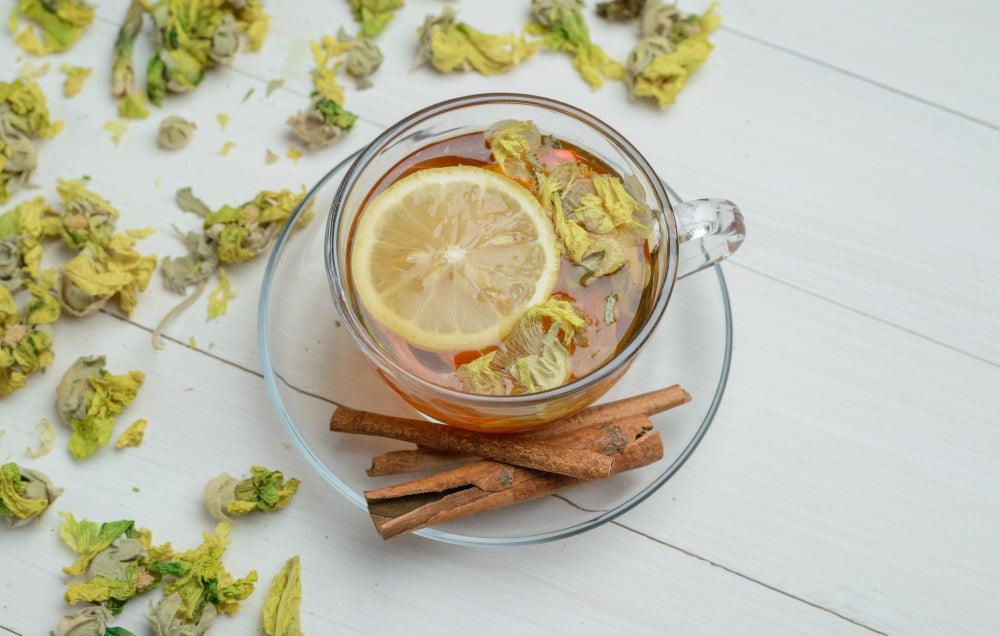
Related products
Mullein, scientifically known as Verbascum spp., has a rich history in traditional medicine. This plant, native to Europe and Asia, has been utilised for centuries for its medicinal properties, particularly in herbal remedies. The focus of this article is mullein tea, a derivative of the mullein plant, which has gained significant attention in the realm of herbal medicine. The rising interest in natural health solutions has propelled mullein tea to the forefront as a potential therapeutic option for various ailments.
What is Mullein?
The mullein plant is distinguished by its tall, dense spikes of yellow flowers and soft, velvety leaves. It encompasses over 300 species, each possessing unique characteristics. However, Verbascum thapsus is the most widely recognised and utilised species in herbal remedies. This biennial plant can reach up to two meters in height, thriving in well-drained soil and full sunlight.
Historically, mullein has been revered in various cultures for its healing properties. In ancient Rome, it was used as a treatment for respiratory issues. The Greeks also recognised its medicinal value, particularly for pulmonary problems. Its use in traditional medicine spans various cultures and continents, reflecting a global appreciation of its potential health benefits.
Key Components and Active Constituents
The medicinal attributes of mullein can be attributed to its rich composition of active constituents. These include saponins, flavonoids, and mucilage, which collectively contribute to its therapeutic properties. Flavonoids, in particular, are known for their anti-inflammatory and antioxidant effects.
Health Benefits of Mullein Tea
Respiratory Health
Mullein tea is commonly advocated for its effectiveness in alleviating respiratory conditions such as coughs, bronchitis, and asthma. Dr. Alex Richardson, a renowned herbalist, states, "Mullein tea acts as an expectorant, helping to clear the lungs of excess mucus." This is particularly beneficial in treating bronchitis, where mucus clearance is essential. A study published in the Journal of Herbal Medicine in 2021 corroborated these findings, showing significant improvement in patients with bronchial asthma who consumed mullein tea regularly.
Anti-inflammatory Properties
The anti-inflammatory properties of mullein tea are noteworthy. According to Dr. Emily Wood, a naturopathic doctor, "The flavonoids in mullein reduce inflammation, making it a beneficial remedy for conditions like arthritis and joint pain." Research published in the International Journal of Rheumatic Diseases in 2022 revealed that patients with osteoarthritis experienced reduced pain and inflammation after using mullein tea as a supplementary treatment.
Antiviral and Antibacterial Effects
The antiviral and antibacterial efficacy of mullein has been substantiated in several studies. A 2019 research paper in the Journal of Ethnopharmacology highlighted the potent antiviral properties of mullein against influenza and herpes viruses. Its antibacterial action, particularly against Staphylococcus aureus and Escherichia coli, has been demonstrated in a study published in the Journal of Applied Microbiology.
Additional Benefits
Mullein tea is not limited to respiratory and anti-inflammatory benefits. It has been noted for its sedative properties, aiding in sleep. Dr. Richardson remarks, "Mullein tea's mild sedative effect can be helpful for those struggling with insomnia." Additionally, its use in digestive health, particularly for soothing gastrointestinal discomfort, has been documented in traditional medicine practices.
In conclusion, the increasing popularity of mullein tea in the herbal remedy sphere is anchored in its historical use and the growing body of scientific evidence supporting its therapeutic benefits. This article has explored the various aspects of mullein tea, from its botanical description to the range of health benefits it offers. As the interest in natural and holistic health solutions continues to rise, mullein tea stands out as a noteworthy contender in the realm of herbal medicine.

How to Make Mullein Tea?
Selecting the Right Mullein
Choosing Plant Parts
The choice of mullein plant parts plays a crucial role in the tea's effectiveness. The leaves, flowers, and roots each offer unique benefits. For respiratory issues, the leaves and flowers are preferable due to their high mucilage content. The roots are less commonly used but can be beneficial for their diuretic properties.
Organic vs. Non-Organic Options
Opting for organic mullein is advisable to avoid pesticides and chemicals. Dr. Karen Sullivan, a herbalist, advises, "Choosing organic mullein ensures that you are getting the purest form of the plant, which is crucial for medicinal purposes."
Brewing Methods
Preparing Mullein Tea
To brew mullein tea:
- Add one to two teaspoons of dried mullein leaves or flowers to a cup.
- Pour boiling water over the mullein and steep for 10-15 minutes.
- Strain the tea to remove leaf particles, as they can be irritating to the throat.
Enhancing Flavor and Efficacy
Adding honey or lemon not only improves the taste but also adds to the tea's soothing effects on the throat. Avoid adding milk or cream, as these can reduce the medicinal properties.
Dosage and Frequency
Recommended Amounts
The general recommendation is one to two cups of mullein tea per day. However, this can vary depending on the individual's condition and response to the tea.
Precautions
Special consideration should be given to different age groups and health conditions. Pregnant or nursing women, and individuals with liver or kidney diseases, should consult a healthcare professional before consuming mullein tea.
Potential Side Effects and Precautions
Common Side Effects
While mullein tea is generally safe, some individuals may experience mild side effects like gastrointestinal discomfort or allergic reactions. Dr. Sullivan remarks, "Like any herbal remedy, mullein tea can cause adverse reactions in sensitive individuals."
Interactions and Contraindications
Mullein tea can interact with certain medications, particularly diuretics and anti-diabetic drugs. It's important to consult a healthcare professional before combining mullein tea with any medication.
Safe Consumption Guidelines
To ensure safe consumption, start with small doses and observe how your body reacts. Always source mullein from reputable suppliers to avoid contamination with toxic plants.
Myths and Misconceptions
A prevalent myth is that mullein tea is a cure-all remedy. While it offers numerous health benefits, it should not be considered a standalone treatment for serious medical conditions.
Exaggerations about the efficacy and safety of mullein tea can be misleading. While it is a beneficial herbal remedy, it should be used responsibly and with an understanding of its limitations.
The Role of Mullein Tea in Modern Herbalism
Comparison with Conventional Medicine
Mullein tea offers an alternative or complementary option to conventional medicine, especially for mild ailments. However, it should not replace prescribed medications for serious conditions.
Natural and Holistic Health Trends
The trend towards natural and holistic health approaches has brought renewed attention to herbal remedies like mullein tea. Its use reflects a growing desire for more natural health solutions.
Where to Find and How to Choose Quality Mullein Tea?
When looking for quality mullein tea, there are several key factors to consider to ensure you're purchasing a product that is safe and effective. As for the price range, it can vary depending on several factors such as brand, quality, organic certification, and the form in which it's sold (loose leaf, tea bags, etc.). Here's a guide to help you find and choose quality mullein tea:
Where to Find Mullein Tea
- Health Food Stores: Health food and natural remedy stores often carry a range of herbal teas, including mullein. These stores typically focus on quality and may offer organic options.
- Online Retailers: Websites like Amazon, health-specific online stores, and even the websites of specific herbal brands sell mullein tea. Buying online often provides access to a wider range of products and brands.
- Specialty Tea Shops: These shops may offer a selection of herbal teas including mullein. They often focus on premium quality teas.
- Local Herbalists or Apothecaries: Purchasing from a local herbalist or apothecary can provide the added benefit of expert advice on mullein tea and other herbal remedies.
- Pharmacies: Some pharmacies stock a selection of herbal teas, including mullein, especially those that focus on natural health.
Choosing Quality Mullein Tea
- Organic Certification: Look for teas that are certified organic to ensure they are free from pesticides and chemicals.
- Brand Reputation: Choose brands that are well-known and respected for their quality herbal products.
- Purity: Check the ingredients to make sure the product contains mullein without unnecessary additives or fillers.
- Packaging: Quality mullein tea should be well-packaged to preserve its freshness and medicinal properties. Look for sealed, light-resistant packaging.
- Part of the Plant Used: Some products specify which part of the mullein plant they contain (leaves, flowers, or root). The leaves and flowers are most commonly used for tea.
- Harvesting Information: Some high-quality products may provide information about where and how the plants were harvested, which can be a sign of careful sourcing.
Price Range
The price of mullein tea can vary widely based on the factors mentioned above. Here is a general range:
- Loose Leaf Mullein Tea: Prices typically range from £4 to £15 per 100 grams. Organic and specially sourced varieties may be at the higher end of this range.
- Mullein Tea Bags: A box of tea bags (usually containing 15 to 25 bags) can range from £3 to £10. Again, organic and premium brands may be more expensive.
Remember, the most expensive option is not always the best, and vice versa. It's important to consider the factors mentioned above in relation to the price to ensure you're getting the best value for your money.
Conclusion
In summary, mullein tea emerges as a significant player in the realm of herbal remedies, offering a range of potential health benefits, particularly for respiratory health, inflammation, and bacterial infections. Understanding the correct methods of preparation, from selecting the appropriate part of the mullein plant to brewing and dosage, is crucial for maximizing its therapeutic effects. While generally safe, it is important to approach its consumption with awareness of potential side effects and interactions, particularly for specific groups such as pregnant women or those on certain medications.
The myths and misconceptions surrounding mullein tea highlight the necessity for balanced and informed perspectives on its use. It is not a panacea but a complementary remedy that can support health and well-being when used correctly. As part of the broader trend towards natural and holistic health solutions, mullein tea represents the growing public interest in herbal medicine as a supplement to conventional treatment methods.
As with any herbal remedy, quality is key. Consumers are advised to source their mullein tea from reputable suppliers, ensuring it is organic and free from contaminants. The rise in popularity of mullein tea reflects a larger shift in healthcare perspectives, moving towards integrating traditional herbal wisdom with modern health practices.
In conclusion, mullein tea offers a fascinating insight into the world of herbal remedies, blending historical uses with contemporary scientific research. Its growing popularity is a testament to the increasing recognition of natural health products in maintaining and improving health. However, as always, it should be used thoughtfully and in consultation with healthcare professionals, especially in the case of serious health conditions. Mullein tea, with its rich history and potential health benefits, is indeed a noteworthy addition to the herbal medicine cabinet.




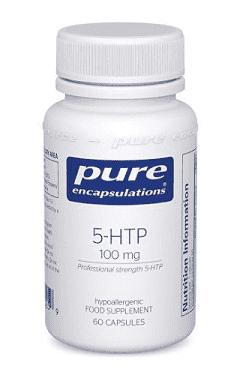
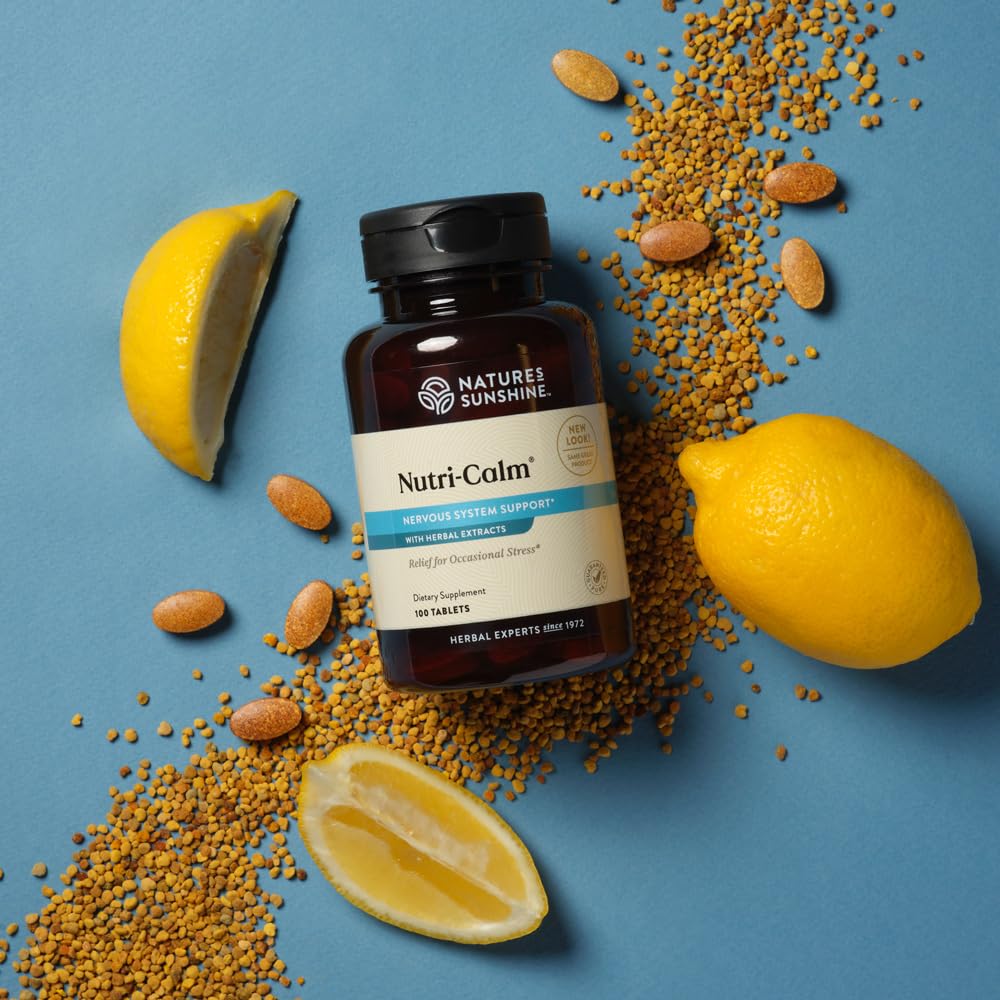
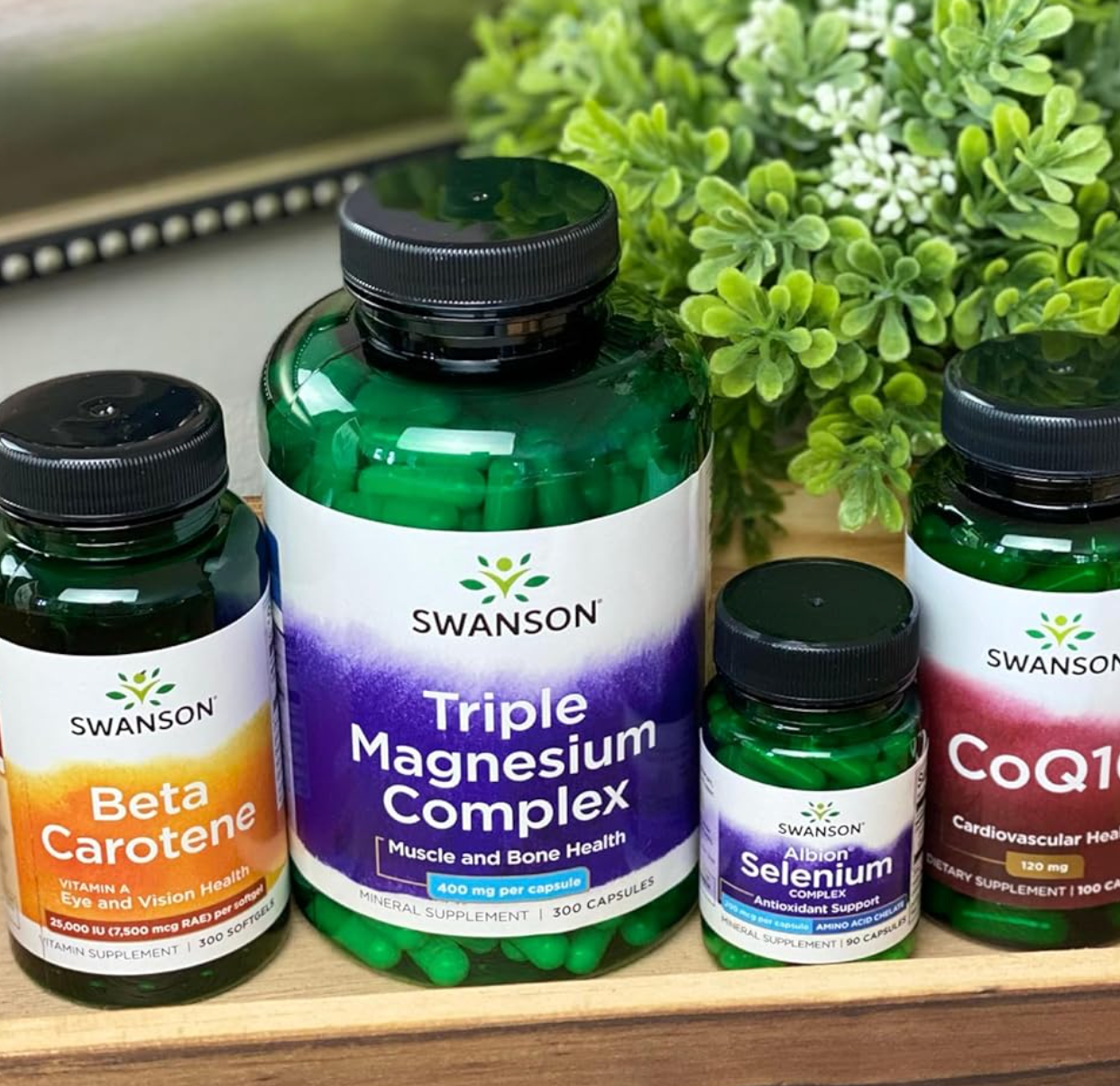
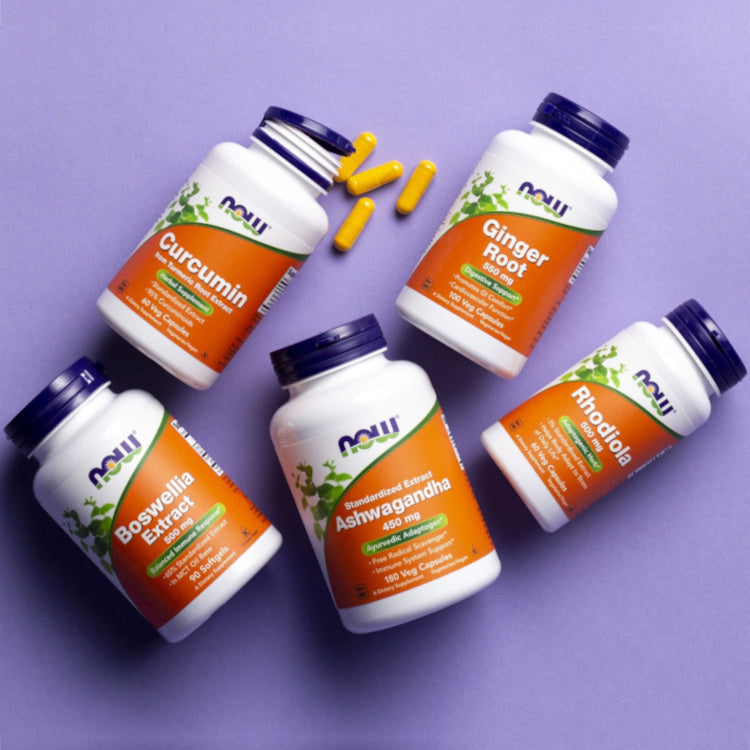

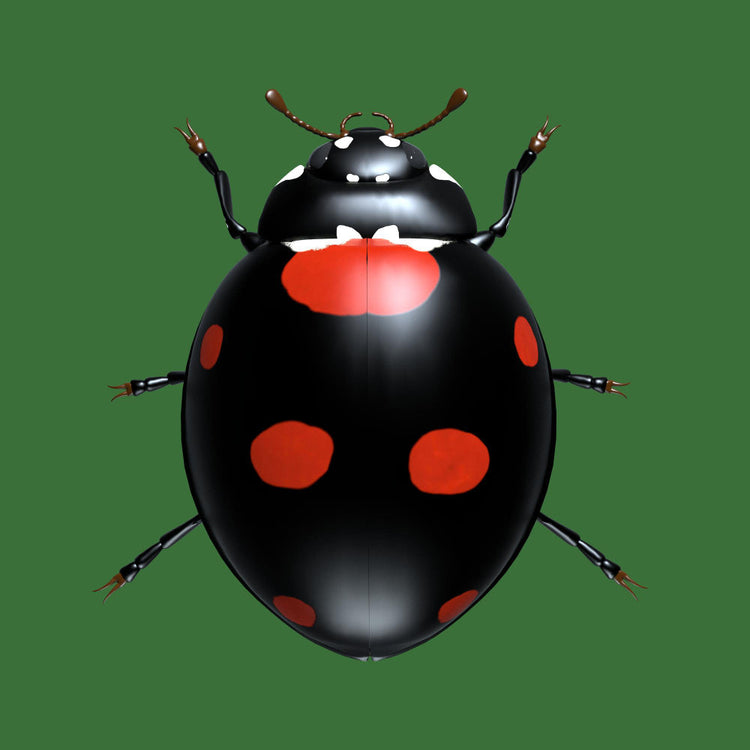
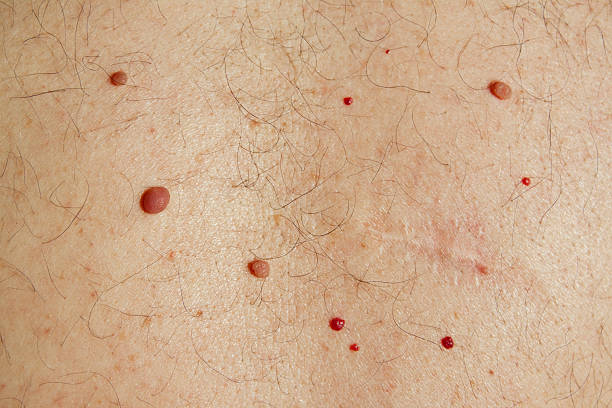



 Rated Excellent by 26,523+ Reviews
Rated Excellent by 26,523+ Reviews